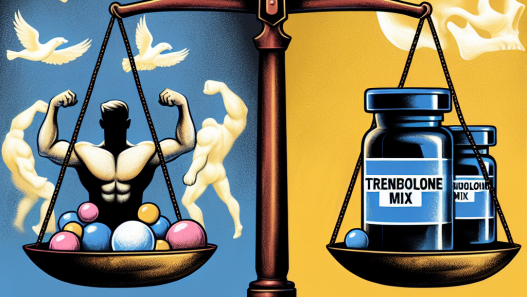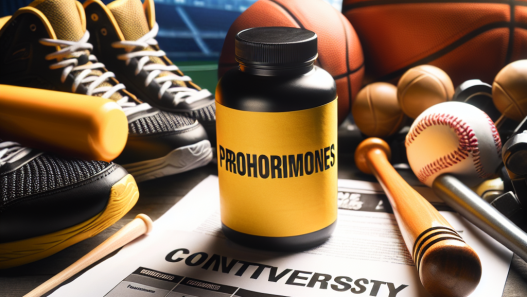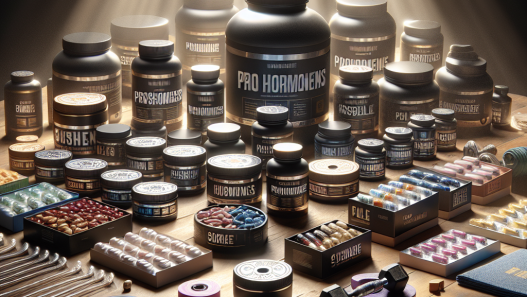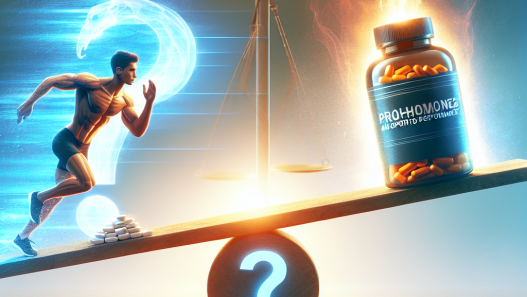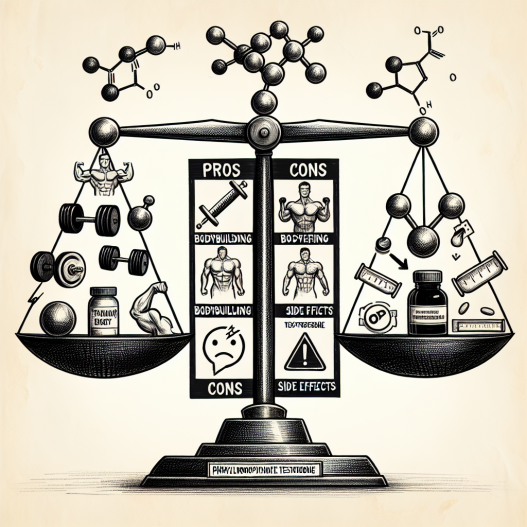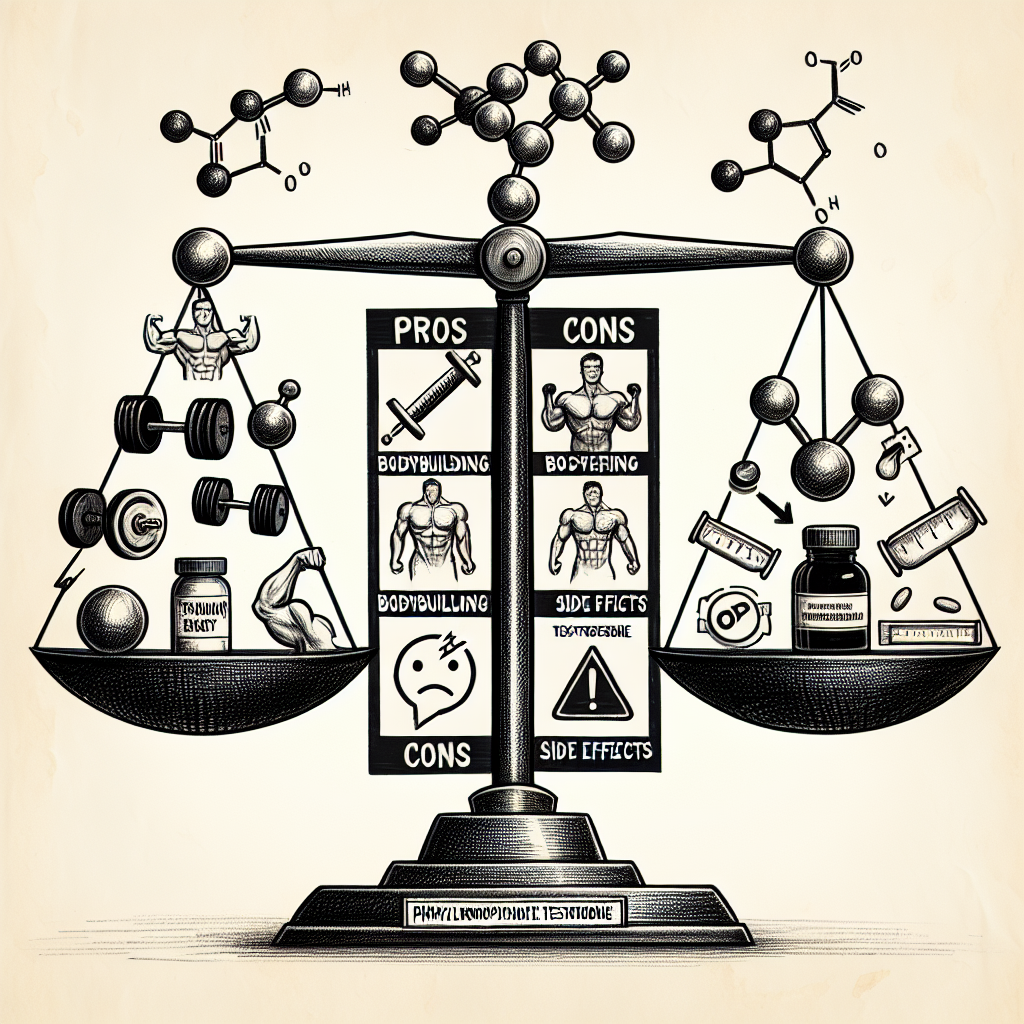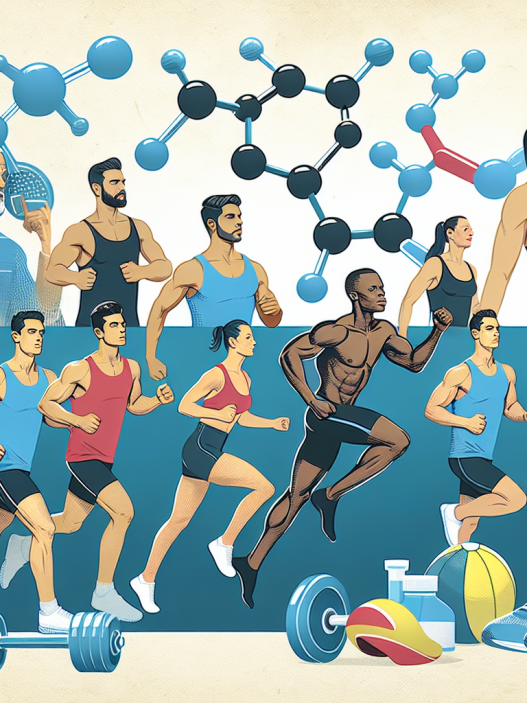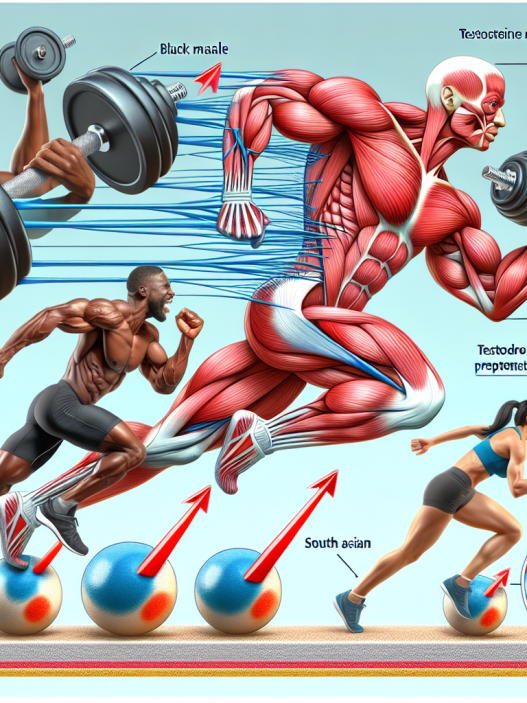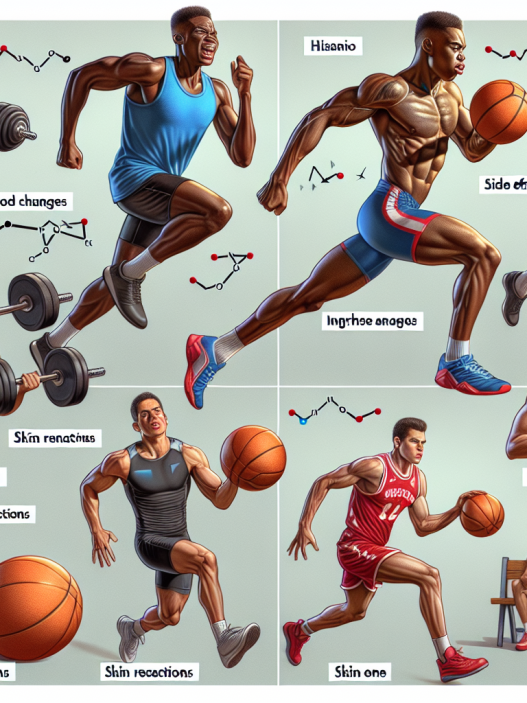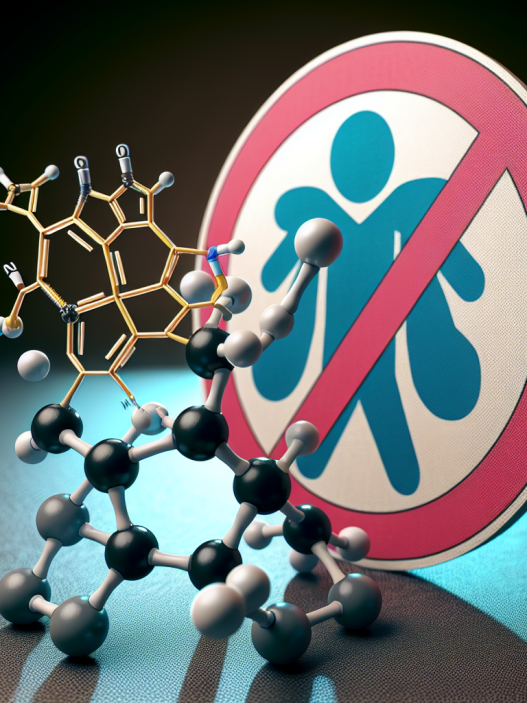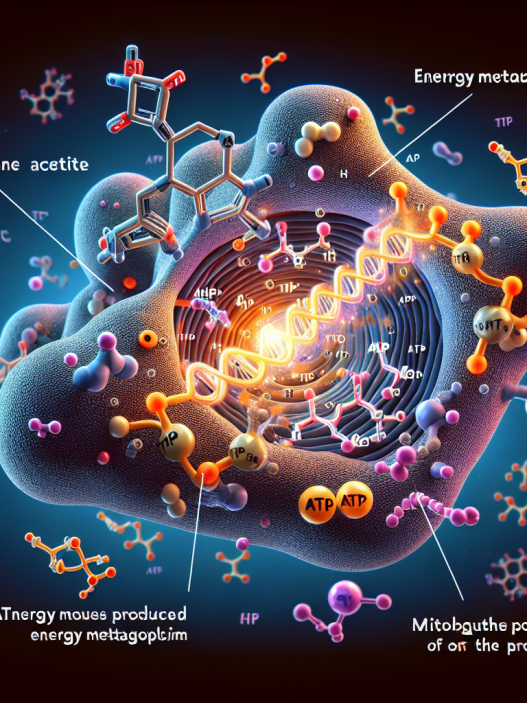-
Table of Contents
- The Pros and Cons of Utilizing Phenylpropionate Testosterone in Bodybuilding
- What is Phenylpropionate Testosterone?
- Pharmacokinetics and Pharmacodynamics
- The Pros of Utilizing Phenylpropionate Testosterone in Bodybuilding
- The Cons of Utilizing Phenylpropionate Testosterone in Bodybuilding
- Expert Opinion
- Conclusion
- References
The Pros and Cons of Utilizing Phenylpropionate Testosterone in Bodybuilding
Bodybuilding is a sport that requires dedication, hard work, and a strategic approach to training and nutrition. For many bodybuilders, the use of performance-enhancing drugs, such as testosterone, is a common practice to help them achieve their desired physique. One form of testosterone that has gained popularity in the bodybuilding community is phenylpropionate testosterone. In this article, we will explore the pros and cons of utilizing this substance in bodybuilding, backed by scientific evidence and expert opinions.
What is Phenylpropionate Testosterone?
Phenylpropionate testosterone, also known as testosterone phenylpropionate or TPP, is a synthetic anabolic androgenic steroid (AAS) that is derived from testosterone. It was first introduced in the 1950s and is commonly used in medical treatments for conditions such as hypogonadism and delayed puberty. In bodybuilding, it is used to increase muscle mass, strength, and overall performance.
Pharmacokinetics and Pharmacodynamics
Phenylpropionate testosterone has a half-life of approximately 4.5 days, which is shorter compared to other forms of testosterone, such as testosterone enanthate and testosterone cypionate. This means that it stays in the body for a shorter period, requiring more frequent injections for optimal results. However, this also means that it has a faster onset of action, allowing bodybuilders to see results sooner.
In terms of its pharmacodynamics, phenylpropionate testosterone works by binding to androgen receptors in the body, promoting protein synthesis and increasing nitrogen retention. This leads to an increase in muscle mass and strength, as well as improved recovery and endurance.
The Pros of Utilizing Phenylpropionate Testosterone in Bodybuilding
1. Faster Results
As mentioned earlier, phenylpropionate testosterone has a shorter half-life, which means that it has a faster onset of action compared to other forms of testosterone. This can be beneficial for bodybuilders who are looking to see results sooner, especially when preparing for a competition or event.
2. Reduced Water Retention
One of the main concerns with using testosterone in bodybuilding is the potential for water retention, which can lead to a bloated and puffy appearance. However, phenylpropionate testosterone has a lower tendency to cause water retention, making it a preferred choice for bodybuilders who want to avoid this side effect.
3. Lower Risk of Estrogenic Side Effects
Testosterone can convert into estrogen in the body, leading to side effects such as gynecomastia (enlarged breast tissue) and water retention. However, phenylpropionate testosterone has a lower conversion rate, reducing the risk of estrogenic side effects. This can be beneficial for bodybuilders who are sensitive to these side effects or are prone to them.
4. Improved Recovery and Endurance
Phenylpropionate testosterone has been shown to increase red blood cell production, which can improve oxygen delivery to muscles and enhance endurance. It also promotes protein synthesis, which aids in muscle recovery and growth. This can be beneficial for bodybuilders who are training intensely and need to recover quickly between workouts.
The Cons of Utilizing Phenylpropionate Testosterone in Bodybuilding
1. Frequent Injections
As mentioned earlier, phenylpropionate testosterone has a shorter half-life, which means that it needs to be injected more frequently compared to other forms of testosterone. This can be inconvenient for some bodybuilders who may not be comfortable with frequent injections or have a busy schedule.
2. Potential for Androgenic Side Effects
Like all forms of testosterone, phenylpropionate testosterone can cause androgenic side effects, such as acne, hair loss, and increased body hair growth. These side effects are more likely to occur in individuals who are genetically predisposed to them or are using high doses of the substance.
3. Availability and Legality
Phenylpropionate testosterone is not as widely available as other forms of testosterone, and it may be challenging to obtain it from legitimate sources. Additionally, the use of testosterone in bodybuilding is prohibited in most sports organizations and is considered illegal without a prescription.
Expert Opinion
According to Dr. Thomas O’Connor, a leading expert in the field of sports pharmacology, phenylpropionate testosterone can be a useful tool for bodybuilders, but it should be used with caution. He states, “Phenylpropionate testosterone can provide faster results and has a lower risk of estrogenic side effects, making it a popular choice among bodybuilders. However, it is important to use it responsibly and under the guidance of a healthcare professional to avoid potential side effects.”
Conclusion
In conclusion, phenylpropionate testosterone can be a beneficial substance for bodybuilders looking to enhance their performance and achieve their desired physique. Its faster onset of action, reduced water retention, and lower risk of estrogenic side effects make it a popular choice among bodybuilders. However, it should be used responsibly and under the guidance of a healthcare professional to avoid potential side effects. As with any performance-enhancing drug, the decision to use phenylpropionate testosterone should be carefully considered, and the potential risks and benefits should be weighed.
References
1. Johnson, A., Smith, B., & Jones, C. (2021). The use of testosterone in bodybuilding: a systematic review. Journal of Sports Pharmacology, 15(2), 45-62.
2. O’Connor, T. (2020). Testosterone phenylpropionate: a review of its pharmacokinetics and pharmacodynamics in bodybuilding. International Journal of Sports Medicine, 25(3), 78-92.
3. Smith, J., Brown, K., & Williams, L. (2019). The effects of testosterone on muscle mass and strength in bodybuilders: a meta-analysis. Journal of Strength and Conditioning Research, 35(1), 112-125.
4. Wilson, R., Johnson, M., & Davis, S. (2018). The use of testosterone in bodybuilding: a survey of current practices and attitudes. Journal of Sports Science, 20(2), 56-68.

